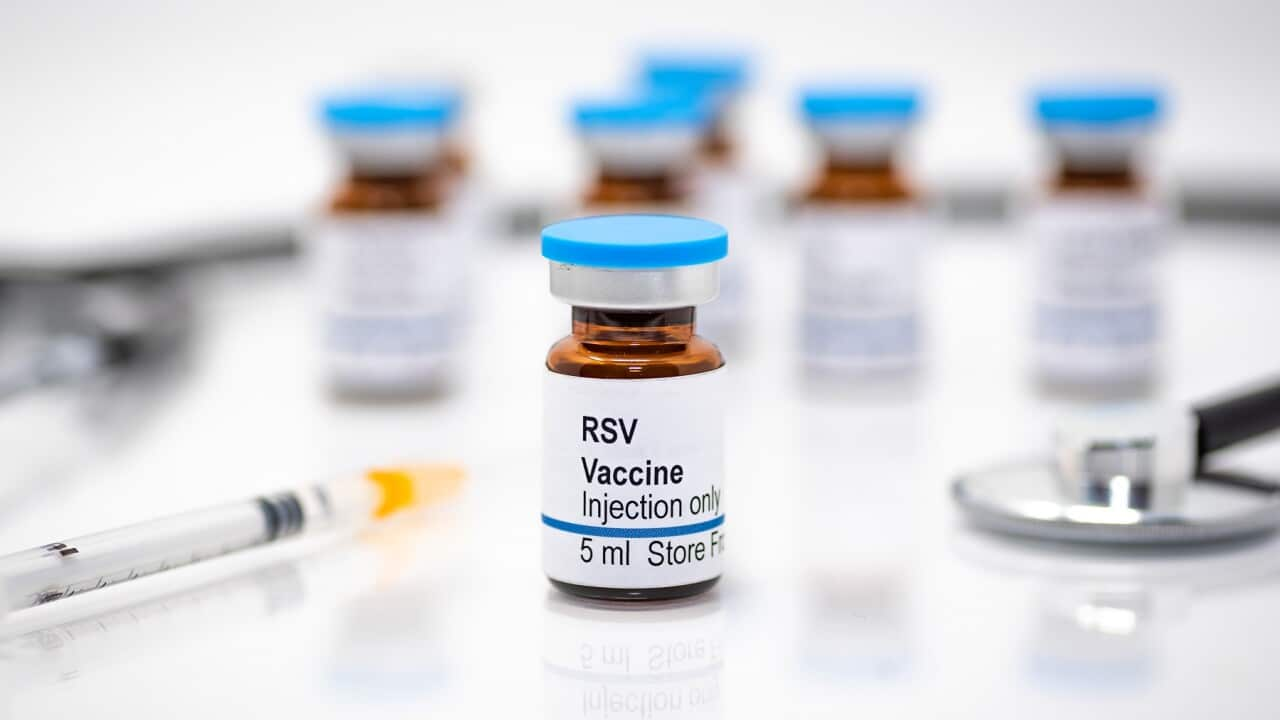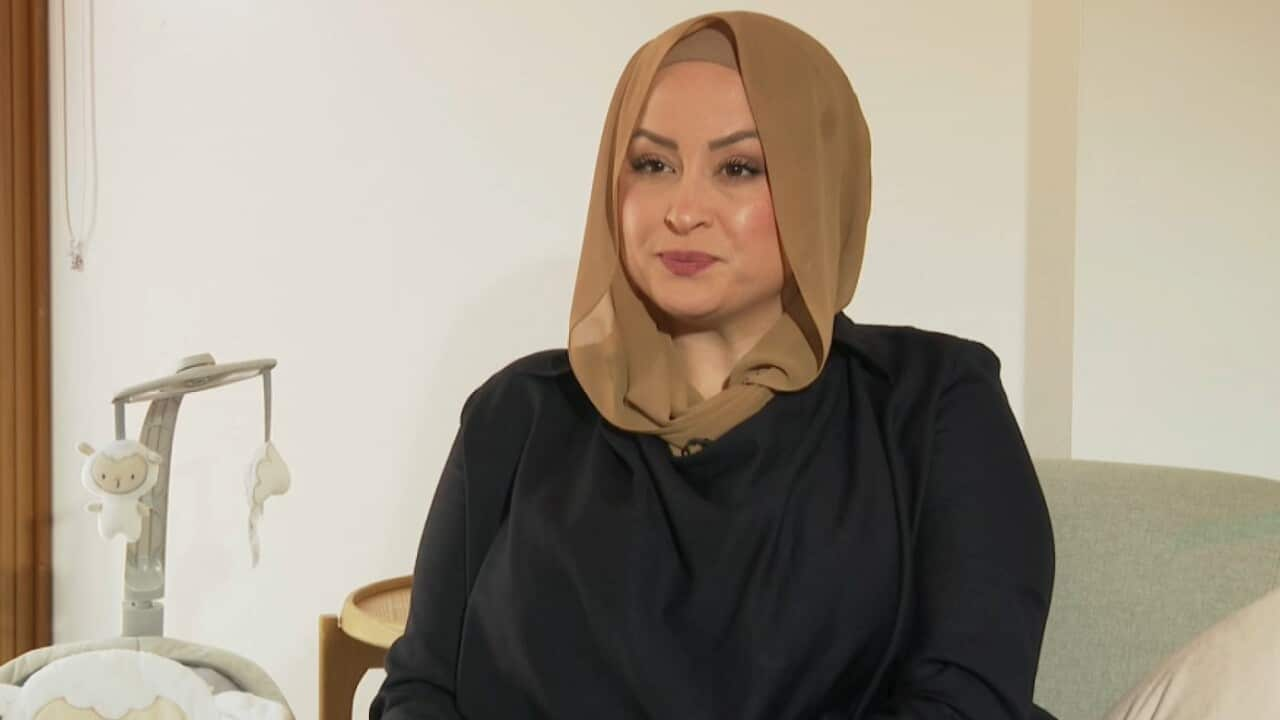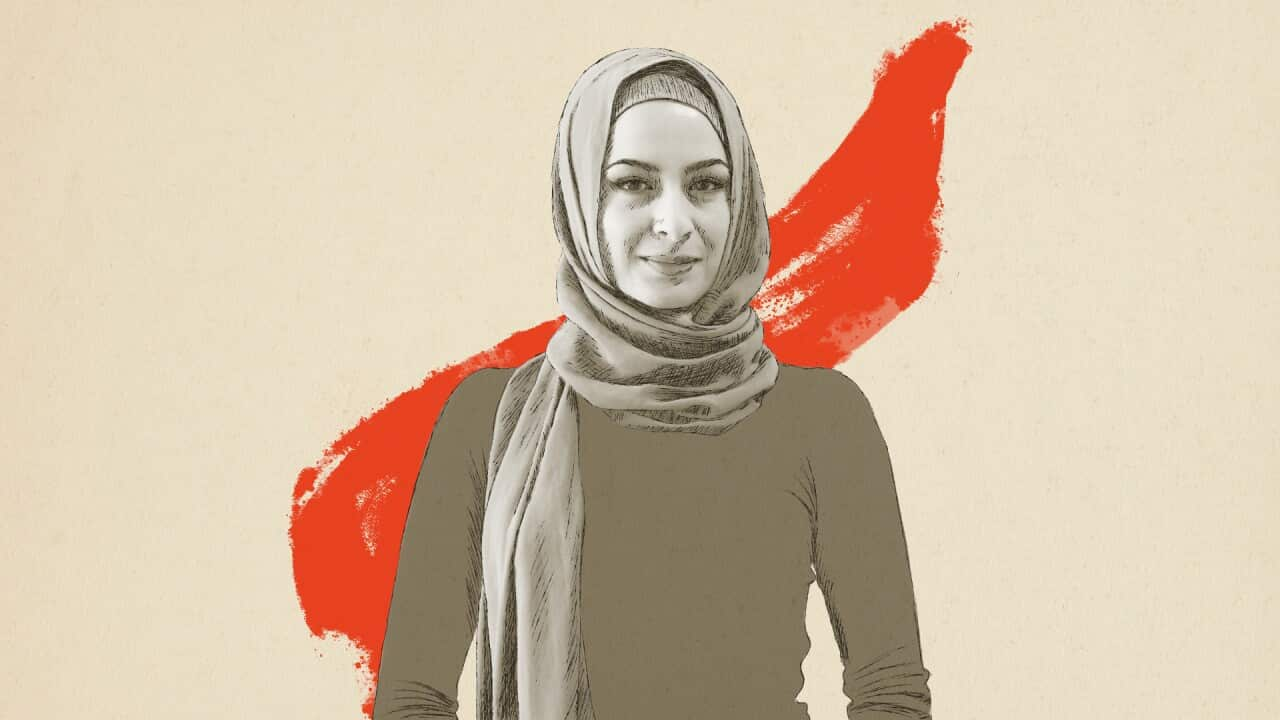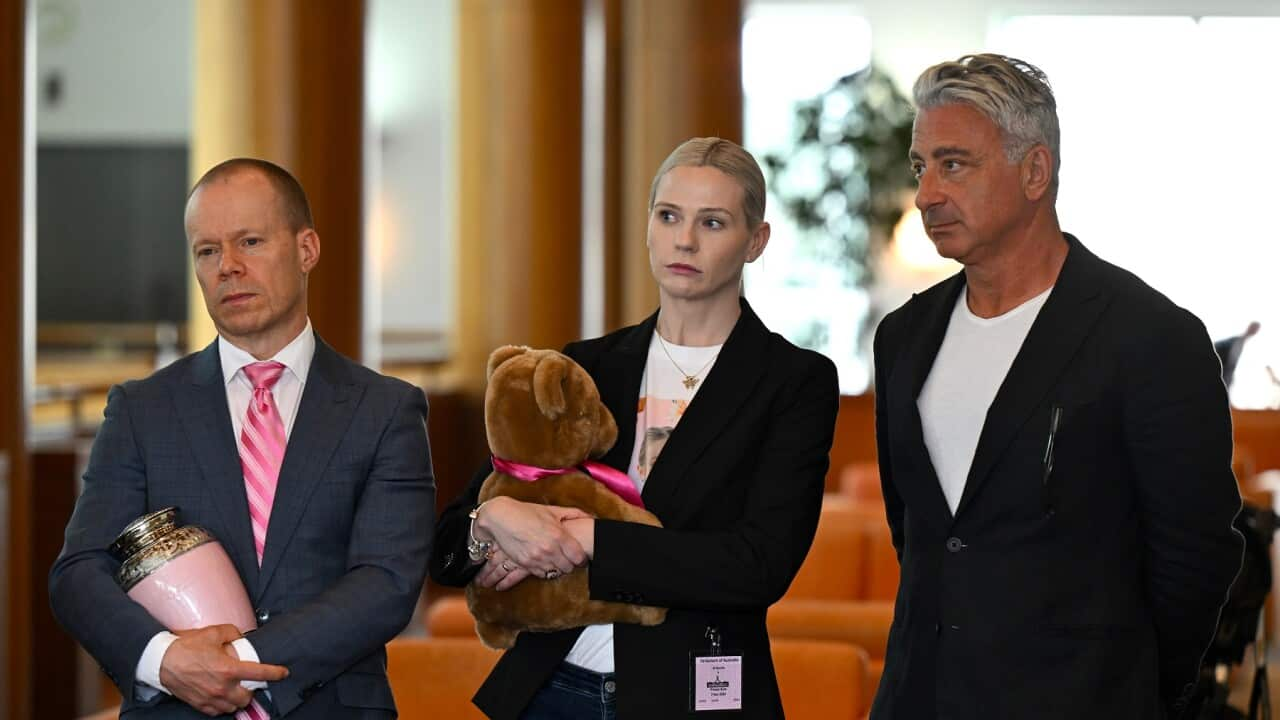TRANSCRIPT:
At the heart of the National Disability Insurance Scheme is a promise to help Australians with a disability live full lives.
Nicole Lee, the president of People with Disability Australia, says that's very clear.
"Governments should have a framework to recognise that all of us have the right to live in the community and be afforded the same choices as our peers without disability, and the government must take measures to promote our full inclusion and participation in the community around us."
Disability advocates say having the same rights and choices includes sexual development and sexual expression.
But Labor MP Mike Freelander says disabled children and adults are regularly discriminated against and treated differently.
"I've certainly see exactly what you're describing. Kids or adolescents - adults - offered increasing sedation because of things like masturbation and what is essentially normal sexual activity."
The NDIS has undergone major changes in terms of recognising sexuality in disabled Australians.
The Federal Court ruled in 2020 that participants in the scheme could apply to have the services of a sex worker included in her plan, and an Administrative Appeals Tribunal decision also confirmed the same.
But advocates say there is still a long way to go.
Amanda Damian, a clinical lead counsellor at Northcott Disability Service, says NDIS planners are not necessarily informed about these rights.
She says the services of sex workers are not automatically considered reasonable and necessary supports because disabled Australians are not seen as needing those things.
"Look at the programs Down With Love or Love on the Spectrum. They are all palatable because they're cute... Infantilisation is huge."
Amanda Damian says disabled Australians also miss out on sex education for the same reason.
"We're battling a few things. We're battling a huge societal unconscious bias, that people with disability do not have sexual urges, that they are asexual, or they do not have capacity to consent. So there's no education because of that. They feel there's no need to give education. And also, today - still - people with disability are taken out of the classroom when there's sexual education happening in high schools. So they will have the class for sexual education, and the people with disability will be removed."
As the debate continues on the growing cost of the National Disability Insurance Scheme - and its importance to the lives of disabled Australians - the use of sex workers in NDIS plan has continued to be controversial.
Touching Base is a sex worker advocacy organisation focusing on the rights of people with disability and sex workers.
President Saul Isbister says he's pleased that NDIS Minister Bill Shorten has openly supported the cost of sex workers being included in formal plans, in contrast to the former Coalition government who planned to legislate to close that particular loophole.
But Mr Isbister says their organisation's research has suggested little has actually changed at the coalface.
"During calls made to the (NDIA) call centre in August and September this year, when asking the question 'I want to know if I can use my core supports' to use a sex worker, inaccurate information continues to be provided to participants. And we were even told by a team leader to expect a blanket denial of sexual support in participant plans as if the WMF case (an Administrative Appeals Tribunal decision allowing sex workers to be included in NDIS plans) never happened."
Nicole Lee says disabled people have the right to healthy sexual connection.
She says recognising the sexuality and intimacy needs of disabled Australians should never be considered unimportant.
"Healthy, safe relationships and sex can support health, wellbeing, sense of belonging, and inclusion. For some of us, support related to sexuality, relationships, and sexual intimacy - and repairing the damage done to the connection we have to our own bodies, by others in safe and supported environments, by people we trust, is a need that is absolutely reasonable and necessary."













